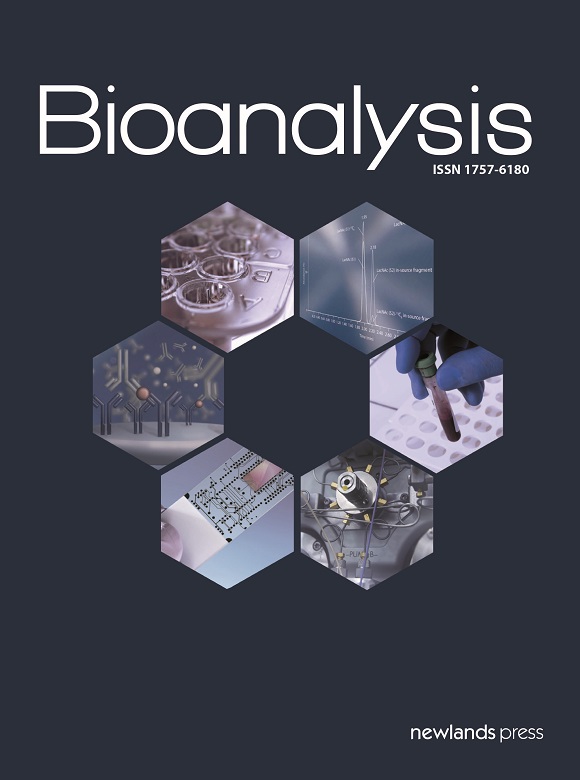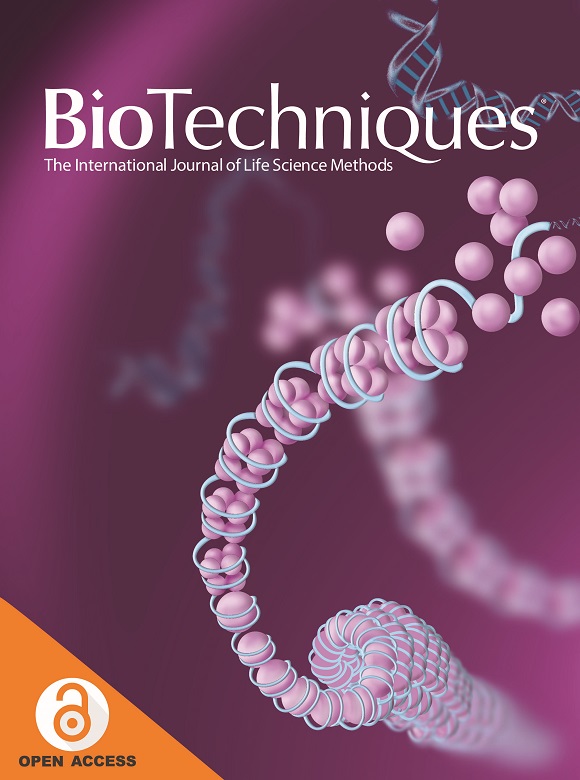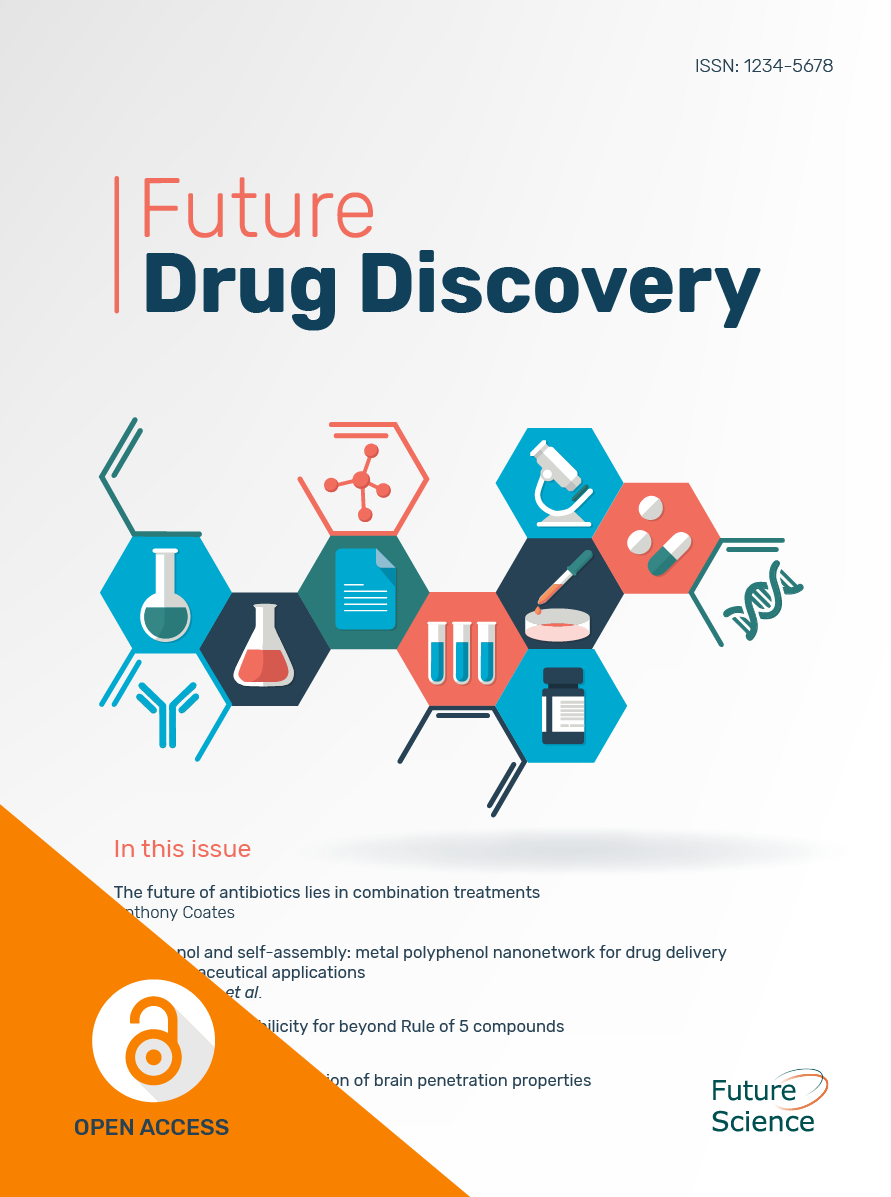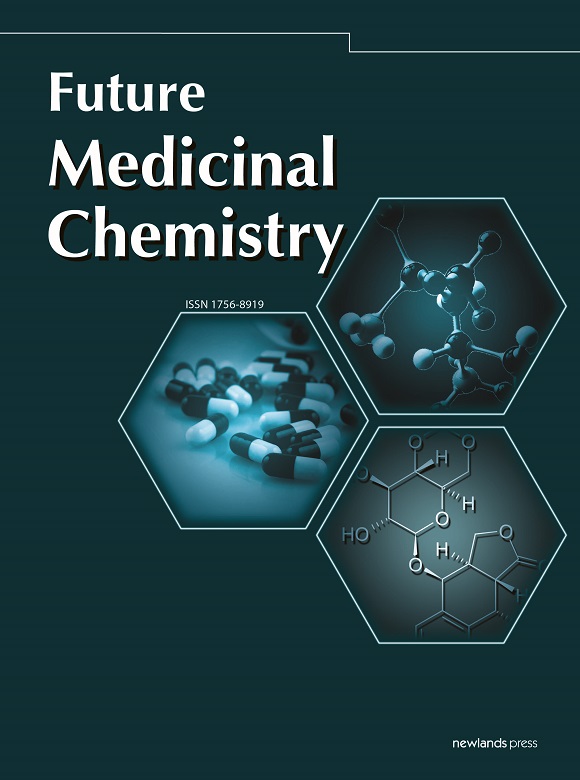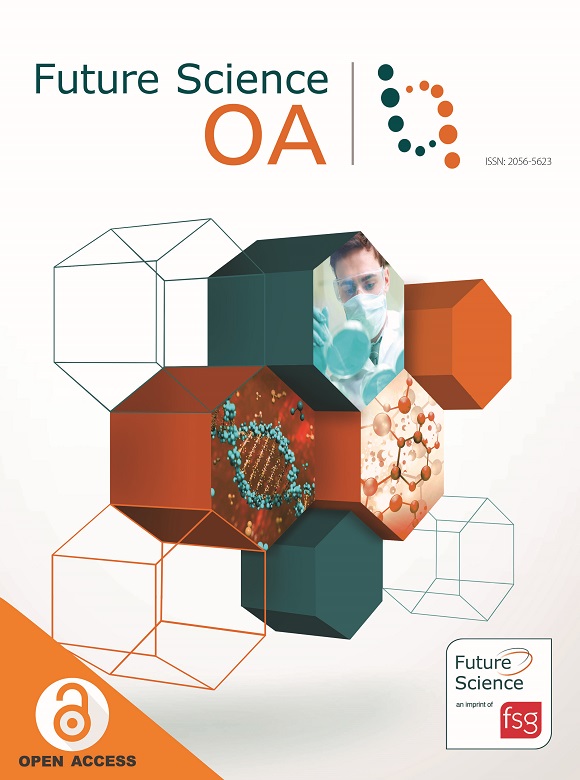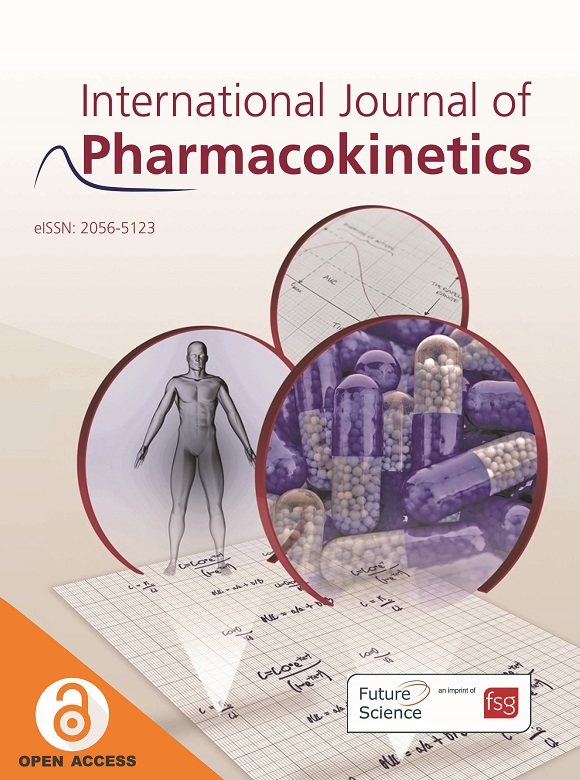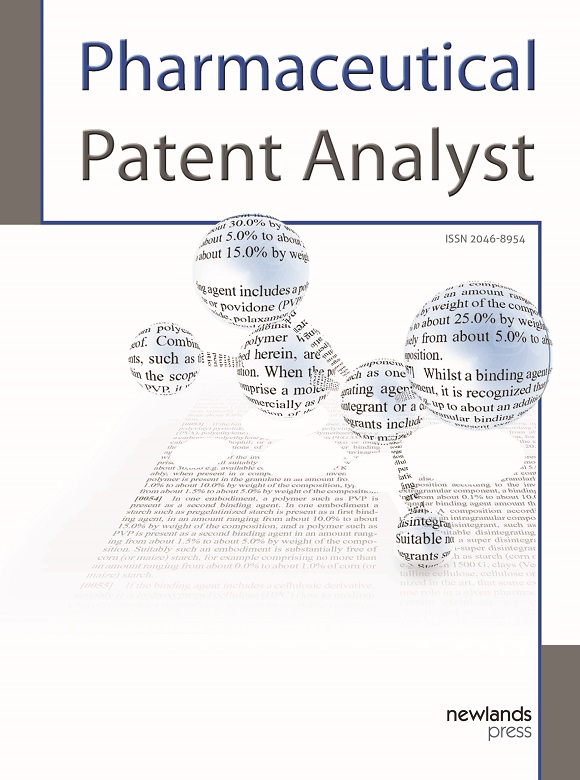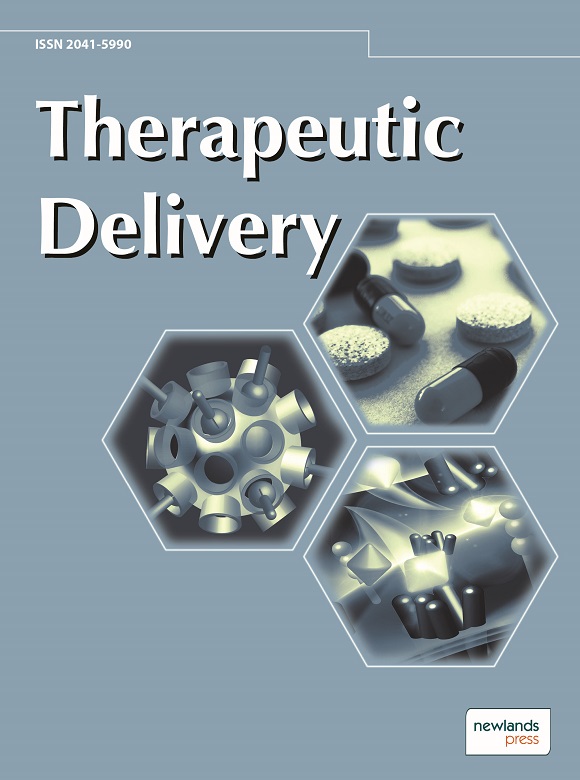Conference report for the 10th China Bioanalysis Forum annual meeting
Abstract
The 10th China Bioanalysis Forum annual conference was held in Suzhou between 9 and 11 June 2023. This year a full range of bioanalytical topics were discussed such as new technology and bioanalytical approaches for biotherapeutics and biomarkers, particularly in the areas of gene and cell therapy. Another research area covered extensively at the conference was drug metabolism, including new drug metabolism and pharmacokinetic methods; absorption, distribution, metabolism and excretion of new modality drugs, recent regulatory guidance such as human mass balance study and preclinical study of antibody–drug conjugates and case studies of drug metabolism support to newly approved drugs.
Background
The government of China continues to promote biopharma innovation. Healthcare remains the government's top priority in the 14th Five-Year Plan. In the meantime, the National Medical Products Administration encourages clinical value-oriented drug development. Harmonization of development standards and review systems with global standards enables China to participate in multiregional clinical trials and globalization of China-developed assets. China biopharma begins to pivot toward scientifically differentiated innovation, and China-originated biotech companies show an increasingly diverse modality focus, including the areas of cell and gene therapy, mRNA and oncolytic viruses [1]. Regulated bioanalysis and drug metabolism and pharmacokinetics (DMPK) play critical roles in innovative drug development, and new technologies are required to support these new modalities.
The China Bioanalysis Forum (CBF) was founded in 2012, with a focus on bioanalysis and related disciplines such as DMPK. It became an official member of the Chinese Pharmaceutical Association in 2019. The inaugural ceremony of CBF joining the Chinese Pharmaceutical Association was held in September 2020 due to the pandemic. Nine annual conferences were held from 2013 to 2022 [1–6].
The 10th CBF annual conference
The 10th CBF annual conference was held in Suzhou from 9 to 11 June 2023. Over 1000 participants from pharma, contract research organizations and academic and medical institutes attended this 3-day on-site scientific event. A range of bioanalysis topics were discussed at the conference, including new technology and bioanalytical approaches for biotherapeutics and biomarkers, particularly in the areas of gene and cell therapy. In addition, a variety of topics on DMPK and pharmacokinetic/pharmacodynamic (PK/PD) or physiological-based pharmacokinetic (PBPK) modeling were also included in main conference sessions.
Preconference event: young scientist forum & training courses
Continuing with CBF tradition, a young scientist forum was hosted on the first day of the meeting. A total of 13 young scientists from different universities, research institutes and industries shared their experience in a variety of topics, including bioanalytical experience in multidomain biotherapeutics, peptides, oligonucleotides, vaccines and traditional Chinese medicines (TCM). In addition, DMPK experience in new modalities such as proteolysis targeting chimeras and PK/PD and PBPK modeling experience were also presented.
Two parallel training sessions were held prior to the main conference, with focuses on bioanalysis and DMPK, respectively. Special considerations on new chemical entity and biotherapeutics bioanalysis were included in the bioanalysis session, while the approaches for metabolite profiling, transporter evaluation and PBPK modeling were introduced in the DMPK training session.
Plenary lectures
Two plenary lectures were arranged on each day of the main conference. A comprehensive overview on the 10-year evolving journey of DMPK science in China was presented by Prof. D Zhong (Shanghai Institute of Materia Medica), highlighting the impactful roles of DMPK in drug discovery programs in the areas of drug metabolism and transporters. Dr B Ye (Huahui Health) shared his experience in translational medicine advancement in the biomarker arena, where biomarker stratification strategy was adopted in support of hepatocellular carcinoma clinical studies for a marketed product.
One of the plenary lectures featured Dr C Li (Genentech) and Dr R Menon's (Abbvie) presentation of IQ consortium consensus on risk-based pharmacokinetics and drug–drug interaction (DDI) evaluation on antibody–drug conjugate (ADC) products. It was widely appreciated that potential DDI risks for common payloads (such as monomethyl auristatin E, maytansine, pyrrolobenzodiazepine, tubulysin, eribulin) as victim or perpetrator are considered generally low. In light of the rapid advancement of artificial intelligence and machine learning in recent years, Dr M Ma (RallyBio) highlighted the advantages and challenges of artificial intelligence and machine learning in bioanalysis and biomarker research in support of drug discovery and clinical diagnostics. Cross-disciplinary inspiration from both inductive and deductive reasoning provided new approaches to accelerate data analysis, modeling and advancement in precision medicine. Dr E Chen (GSK) also highlighted model-based approaches for human dose prediction for biotherapeutics such as ADCs, where the Monte-Carlo simulation enables quantification of uncertainty in a predicted dose.
Bioanalysis sessions
Gene & cell therapy
The fast-growing gene and cell therapy areas present a high demand in skills beyond regular bioanalysis. During the conference, several scientific industry experts presented bioanalytical challenges, strategies and successful examples. Dr L Zhou (Kanwhish Biotech) shared his perspectives on bioanalysis for cell therapy, and Dr J Chen (Innostar) provided examples of cell therapy product evaluation using flow cytometry. Dr H Jiang (Huazhong University of Science and Technology) provided a comprehensive overview of bioanalysis in support of oncolytic virus therapy, while Mr G Zhu (Accurant Biotech) shared his bioanalysis experience in supporting gene therapy products. In addition, bioanalytical approaches and case studies in oligonucleotide bioanalysis were presented by Dr M Meng (Denali Medipharm).
Biomolecule bioanalysis & immunogenicity
Different bioanalytical techniques have been applied to biomolecule analysis. Dr M Ma (UP-Pharma) shared his experience using hybrid LC–MS/MS supporting biotherapeutics, exemplified by bioanalysis of a COVID-19 bispecific antibody where the pre-existing antibody can be differentiated from the administered intact product. Various bioanalytical approaches presented for ADC and other multidomain biotherapeutics were also highlighted by Dr C Vreatas (PPD) and Ms X Chen (Shanghai Xihua).
In addition, immunogenicity assessments for PEGylated products, adeno-associated virus therapeutics and vaccine products were presented by Mr J Hu (Labcorp), Mr J Li (Wuxi) and Dr L Nie (National Institute for Food and Drug Control).
Biomarkers
The importance of biomarkers has been widely recognized in clinical development. The application of ‘omics’ in biomarker identification and the new approaches in biomarker analysis and complex natural product analysis were presented by various subject experts.
Bioanalytical regulation & inspection
In light of the implementation of M10 in China from July 2023, the differences between International Council for Harmonisation of Technical Requirements for Pharmaceuticals for Human Use M10 and bioanalytical method validation guidance in China Pharmacopeia 2020 were highlighted during the conference. The interpretation and understanding of regulatory requirements and expectations were also presented by field experts.
Drug metabolism sessions
New methods in DMPK research
New methods and technologies are always one of the highlights at CBF. In this meeting, Dr Z Yan (Genentech) introduced a novel method to determine plasma protein binding kinetics using an enzyme reporter assay. Dr H Shen (BMS) and Dr X Li (Roche) gave overviews on applications of new transporter technology and PK/PD in support of drug development, respectively.
DMPK of new drug approval
In the past 5 years, over 30 new small-molecule drugs have been developed and approved in China. Case studies of DMPK support to new drug approvals were presented, including anti-COVID-19 drug VV116 (Dr J Jiang, Suzhou Function) and antitumor drug fluzoparib (Dr S Li, Hengrui). Additionally, roles and examples of human mass balance study of small-molecule drugs (Dr H Zhang, Beigene) and absorption, distribution, metabolism and excretion (ADME) study of TCM (Prof. C Wu, Xiamen University) in drug development were presented.
DMPK methods of new modality drugs
This session focused on new analytical methods for metabolite profiling and bioanalysis of new modalities, including bioanalysis and metabolism of GalNAc-conjugated oligonucleotide (Prof. P Deng, Soochow University), metabolite identification of proteolysis targeting chimeras and cyclic peptides using Electron Activated Dissociation-High Resolution Mass Spectrometry (Dr C Tang, XenoFinder) and in vitro metabolism of covalent drugs (Dr R Li, Wuxi).
Drug metabolism regulatory guidance
As a tradition of CBF, interpretation and implementation of recently issued regulatory guidelines were a main topic. In this session, Dr Z Yan (US FDA) updated “Clinical Pharmacology Considerations for Human Radiolabeled Mass Balance Studies,” and Dr X Yang (US FDA) gave a presentation to address key questions on FDA's Drug–Drug Interaction Final Guidance. Dr M Zhu (MassDefect Tech) gave an overview of California Department of Education technical guidance for nonclinical study of ADCs from drug metabolism considerations.
Hot topics in drug metabolism
Three academic researchers were invited to shed light on their research in drug metabolism. Prof. J Zheng (Guizhou Medical University) reviewed the drug metabolism-mediated toxicity mechanism and the methods applied. Prof. L Yu (Zhejiang University) covered the development of metabolic activation tandem multitarget synergistic antitumor drugs. The presentation of Dr X Yao (Peking University Third Hospital) focused on the application of PBPK in the clinical development of innovative drugs.
DMPK of TCM
This session covered interesting topics on drug metabolism of TCM. Prof. H Xu (Shenyang Pharmaceutical University) highlighted the effect of intestinal metabolism of TCM on pharmacokinetics. Prof. G Ma (Fudan University) presented his research on the hypoglycemic mechanism of TCM based on PK, PD and multiomics. The presentation of Prof. T Hang (China Pharmaceutical University) focused on the efficacy and material basis of formulated TCM.
Panel discussion
Continuing from its previous success, an interactive panel discussion was held on the evening of 10 June and was joined by several hundred attendees. Hosted by Dr D Tang (NK Celltech), five panelists (Dr J Zhang from Institute of Materia Medica, Dr K Dong from UP-Pharma, Dr L Bi from Labcorp, Dr J Shi from Innostar and Dr Z Hu from Rild Biotech) shared their perspectives on interpretations of recent regulatory guidance. Recommendations were also provided regarding global multicenter studies and practical approaches to overcome bioanalytical challenges in support of cell and gene therapy studies.
CBF future plans
The CBF is planning several initiatives in the coming years. First, the CBF expert committee intends to collect industry consensus on several important topics in China. Proposed topics include bioanalytical best practice in cytometry, quantitative polymerase chain reaction, biomarkers and new technology platforms such as ELISPOT and SIMOA. Working groups will be organized on each topic and white papers will be published. In addition, we will continue to support the Young Scientist Discussion Group in Beijing, Shanghai and Wuhan. Organizing committees of the Young Scientist Discussion Group in three cities will organize their activities on a regular basis.
Financial disclosure
The authors have no financial involvement with any organization or entity with a financial interest in or financial conflict with the subject matter or materials discussed in the manuscript. This includes employment, consultancies, honoraria, stock ownership or options, expert testimony, grants or patents received or pending or royalties.
Competing interests disclosure
The authors have no competing interests or relevant affiliations with any organization or entity with the subject matter or materials discussed in the manuscript. This includes employment, consultancies, stock ownership or options and expert testimony.
Writing disclosure
No writing assistance was utilized in the production of this manuscript.
References
- 1. . New development of the Chinese bioanalytical landscape and update of the China Bioanalysis Forum (CBF). Bioanalysis 11(7), 567–569 (2019).
- 2. . Conference report for the 7th China Bioanalysis Forum annual meeting. Bioanalysis 12(2), 71–74 (2020).
- 3. Society spotlight: China Bioanalysis Forum. Bioanalysis 5(6), 641–643 (2013).
- 4. . Conference report for 2nd China Bioanalysis Forum annual meeting. Bioanalysis 6(20), 2709–2712 (2014).
- 5. . The 3rd China Bioanalysis Forum annual meeting. Bioanalysis 7(22), 2853–2856 (2015).
- 6. . The 4th China Bioanalysis Forum annual meeting. Bioanalysis 9(2), 159–162 (2016).

